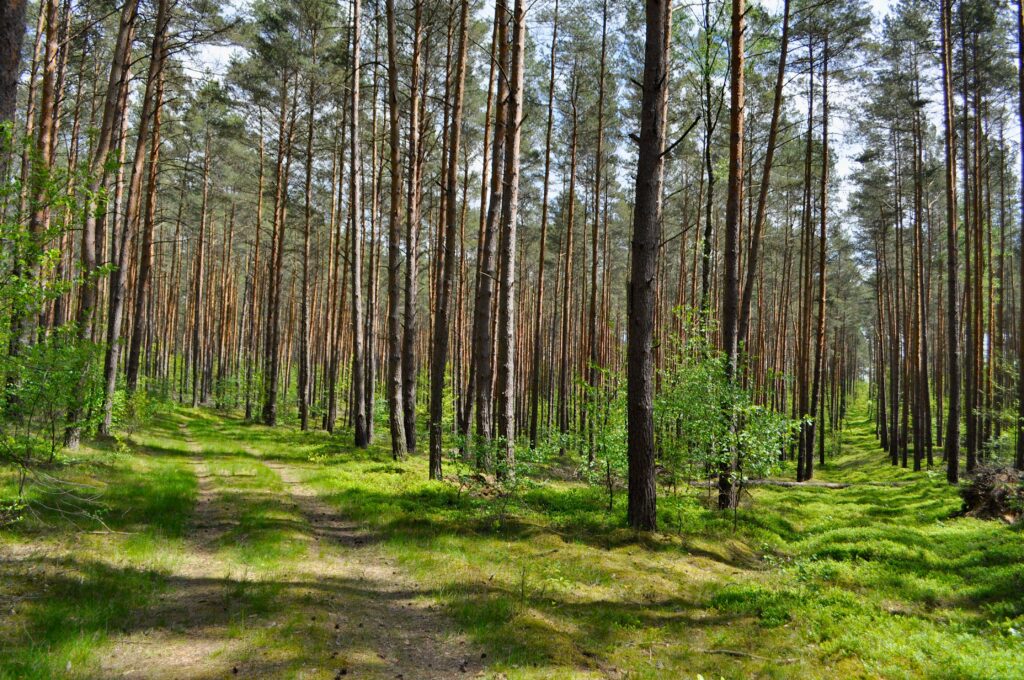
Why is it important and what can we do?
Menopause is a time of change. It can feel like we don’t recognise ourselves. Cultivating our connections to ourselves, to others, and to the natural world can be an important part of self-care.
Many people at menopause feel unseen, in their experience and the impact it has on their life. This can be especially true for those who don’t identify as mid-life white, middle-class, cisgender, heterosexual women, and also for those who are neurodiverse, who are carers, and many others.
The symptoms many of us experience at perimenopause can particularly affect our close relationships and our feelings of intimacy and connection with our partner. We know rates of divorce for women peak between ages 45 and 55, and the main reasons cited for divorce are communication and lack of intimacy.
In the workplace, research has shown that only a quarter of women who had been unable to go to work due to menopausal symptoms had felt able to tell their line manager about the real reason for their absence. It can be difficult to talk about, and of course, when we don’t feel able to talk about it we can feel more isolated in our experience.
Loneliness has the same outcomes on our health as smoking 15 cigarettes per day. It affects our mental health and physical health, increasing the rates of conditions like heart disease and stroke. We need to take this seriously. So what can we do?
“Listen to your body when it whispers so it doesn’t need to shout”
Connecting to yourself
Cultivating self-awareness, self-compassion, and self-acceptance is helpful, and journalling is a great practice to support this. When we’re busy and overwhelmed it’s hard to tune in to what our body is telling us. Mind-body practices like yoga can be really useful to support self-awareness.

To cultivate self-compassion I often encourage people to think of what they would say to their best friend. We are often very self-critical, and much kinder to others.
Spending time to understand and work towards acceptance of this new stage will be harder for some of us than others. Some of us will look forward to the end of periods and PMS. Others of us may need to work through some grief and some sadness before we can embrace the opportunities that the future holds, for the second spring as menopause is known in Japan. Support for this through counselling or coaching can be invaluable.
Do you nourish yourself every day, spending time on things that bring you joy? Could you put yourself first, even if just for 5 minutes today, think about what you need and make it happen? Are there ways you could give back to your local community or volunteer for a charity close to your heart?
Connecting to others
Investing time in supportive relationships is key. Having a social network and being satisfied with this network is protective against loneliness. Could you make plans to meet up with someone who really understands you, someone you are at ease with?
There can be lots of positives to working from home, but many find it socially isolating. The virtual online world can be incredibly convenient, but many of us find an in-person exercise class a very different experience from an online class. Doing something with others connects us. The power of community is evident through the successes of parkrun, book clubs, and choirs.
So if we are working from home factoring in a daily walk, building in time for fun, and connecting with neighbours or friends can be helpful. If we work from home we aren’t commuting, many of us will make use of this time to keep up with the household chores, let’s prioritise social connections too.
Mealtimes are another key opportunity for social connection, and research has shown that when we eat with others we are likely to make healthier choices and eat less.
Connecting to the natural world

Could you make some time to get outside today? To feel the cold air, listen to the birds, pause and tune in to your surroundings. A morning walk can not only help with your sleep and mental health, but can connect you to the changing seasons, and will encourage you to notice the natural world.
Menopause support groups
There are menopause support groups in workplaces and community centres all over the country, perhaps your local group could connect you to others who identify with a similar experience? Local to me is M power, held on the first Thursday of the month at the Greenway Centre in Bristol. Your workplace may host a menopause cafe where you can connect with others who have similar experiences. If not, perhaps you could start your own!
Resources around connection
Reflection.app journalling
Insight Timer meditation and breathwork
Lesley Waldron menopause coach
Daisy Network (POI)
